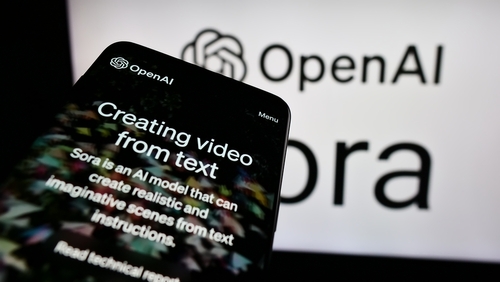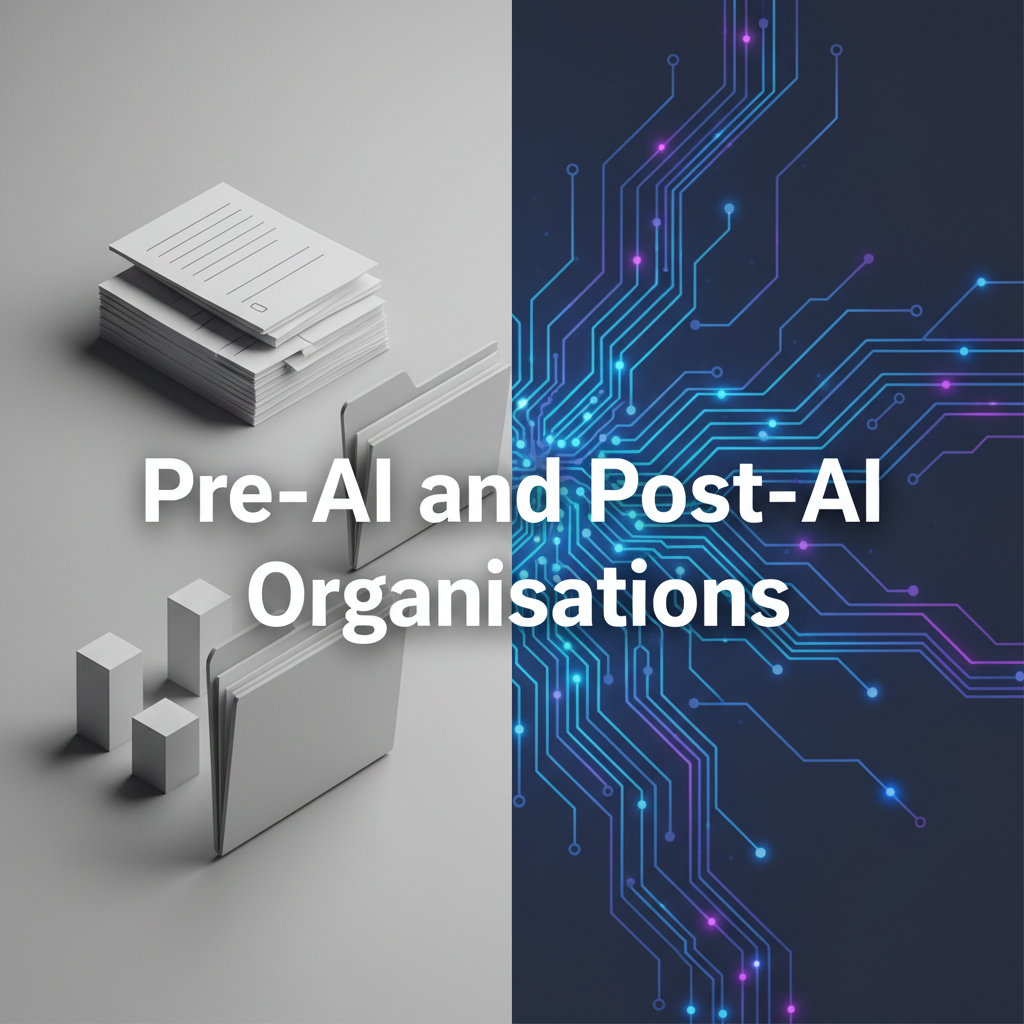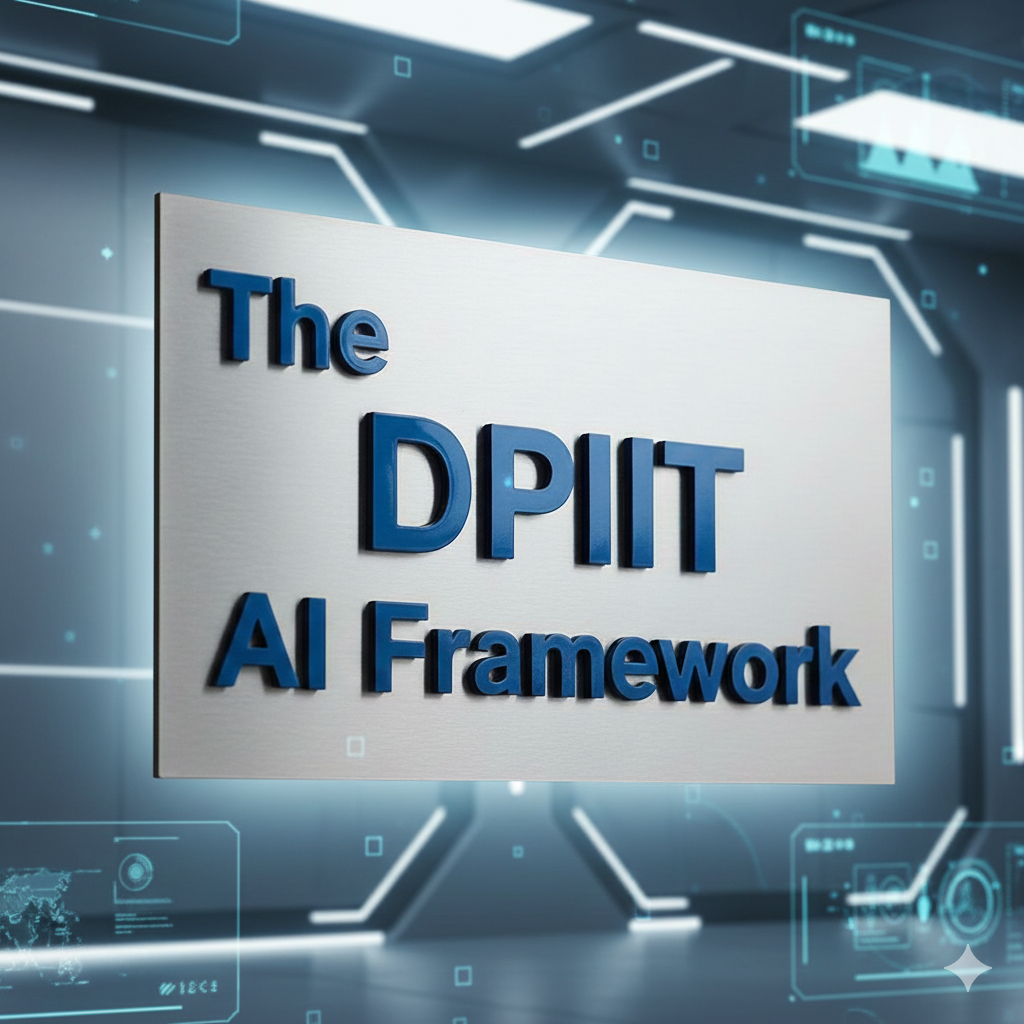Artificial Intelligence (AI) is a rapidly evolving field that presents numerous opportunities for innovation, efficiency, and growth across various industries. However, the integration of AI into everyday life also brings significant challenges, particularly in balancing security, ethical development, and community engagement. This article explores these challenges and highlights recent examples of conflicts that illustrate the complexities involved.
Security Challenges in AI
AI systems often handle vast amounts of data, making them attractive targets for cyberattacks. Ensuring data privacy and security is paramount to maintaining trust in AI technologies. For instance, the massive ransomware attack on Change Healthcare in 2024 exposed sensitive medical data of millions of Americans, highlighting the critical need for robust data security measures. Companies must implement stringent data protection protocols, including encryption and anonymization, to safeguard against unauthorized access and misuse.
Moreover, regulatory compliance adds another layer of complexity. The introduction of the AI Act by the European Union in 2024 represents a significant step towards global AI regulation. This act sets comprehensive guidelines for AI developers and users to ensure responsible AI adoption while protecting citizens’ trust. Non-compliance can result in substantial fines, emphasizing the importance of adhering to these regulations.
Ethical Development in AI
Ethical considerations are at the core of responsible AI development. These include addressing issues such as bias, transparency, accountability, and the broader societal impact of AI technologies. Bias in AI systems can lead to unfair outcomes, particularly when these systems are used in sensitive areas like healthcare or criminal justice. To mitigate bias, organizations must ensure diverse data sets are used during development and regularly audit their AI systems for biased outcomes.
Transparency is another critical ethical concern. The “black box” nature of many AI models makes it difficult to understand how decisions are made, raising questions about accountability when things go wrong. There is a growing call for explainable AI (XAI) systems that provide clear reasoning behind their decisions. This transparency is essential for building trust with users and ensuring that AI systems are used ethically.
Recent controversies highlight these ethical challenges. For example, OpenAI’s Sora model faced scrutiny over its potential misuse of personal data and lack of transparency regarding how it was trained. Such incidents underscore the need for clear guidelines on data usage and ethical standards in AI development.
Community Engagement
Engaging with communities is crucial for ensuring that AI technologies reflect societal values and priorities. Public engagement can help address ethical concerns by incorporating diverse perspectives into the development process. This approach promotes inclusivity and equity, ensuring that marginalized communities have a voice in how AI technologies are designed and deployed.
However, conflicts can arise when companies fail to engage effectively with their communities. The recent leak of OpenAI’s Sora model by beta testers highlights tensions between tech companies and creative professionals. Testers accused OpenAI of exploiting their labor without fair compensation or recognition, sparking a broader debate about the treatment of artists in AI development. This incident serves as a reminder of the importance of fair compensation and recognition for contributors to AI projects.
Balancing Innovation with Responsibility
Balancing innovation with ethical responsibility is one of the most pressing challenges facing AI companies today. As AI technologies become more integrated into society, it is essential to strike a balance between fostering innovation and ensuring these technologies are developed and deployed responsibly.
To achieve this balance, companies must prioritize ethical considerations from the outset of development. This includes establishing clear ethical guidelines, promoting transparency and accountability, and engaging with diverse stakeholders throughout the process. By doing so, organizations can build trust with users and ensure that AI serves as a force for good.
In conclusion, while AI offers unprecedented opportunities for innovation and growth, it also presents significant challenges related to security, ethical development, and community engagement. Addressing these challenges requires a collaborative effort between governments, businesses, and civil society to create ethical frameworks that protect individual rights while fostering technological advancement. By embracing this integrated approach, we can ensure that AI technologies enhance human capabilities and contribute to a more just and equitable world.







